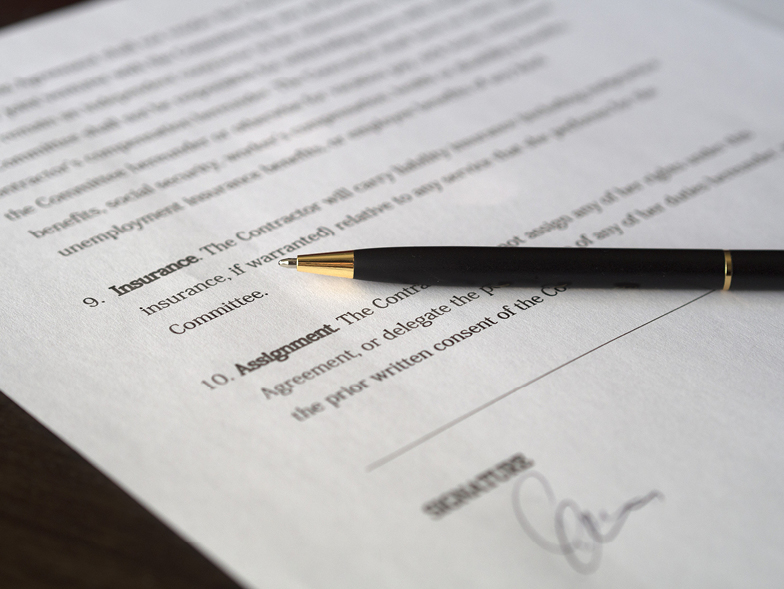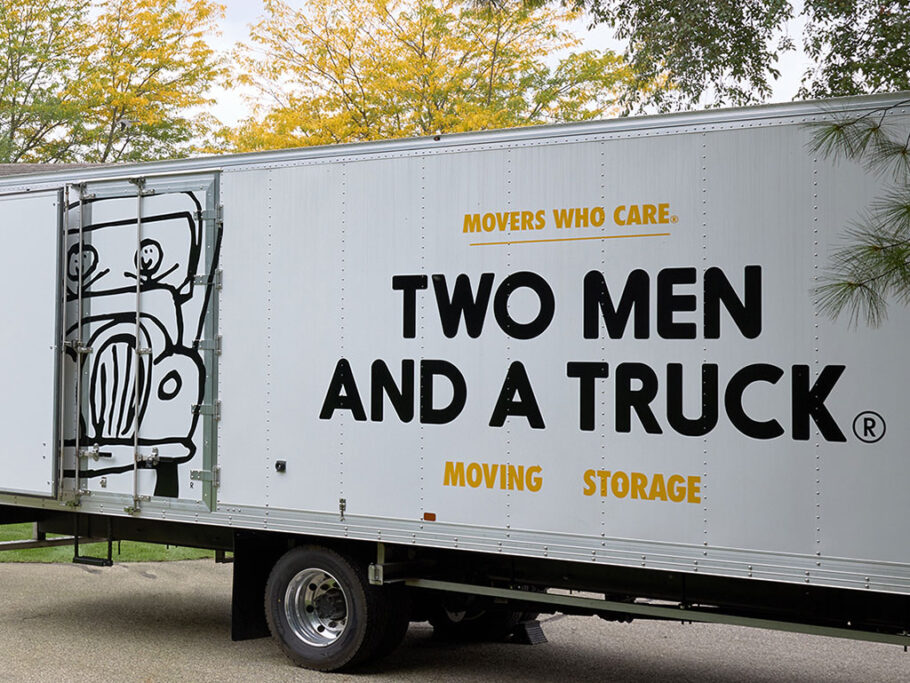Ask Your Agent: 10 Questions for the Closing Process
The home stretch, the light at the end of the tunnel, the finish line—whichever metaphor you choose, it’s a great feeling when the closing on your new home is finally in sight. After the complexities of the home search, financing approval, and the home inspection, you may feel that the closing process is almost an afterthought. In reality, however, there are still a number of things to take into account.
As you begin to think about the closing process, you’ll want to consider where and when it will happen, who will be in charge, and what can still go right or wrong with your home sale or purchase. Your agent is your best resource for providing the guidance and trusted recommendations you need. Here are some questions you’ll want to ask and some insights to guide you along the way.

1. Who will handle the closing?
The answer to this depends on the laws in your state and the customs of your local market. In many areas, closings are handled by a local real estate attorney, while in other markets there are title companies that conduct closings. If you have someone in mind for your closing, you’ll want to make that clear to your agent up front and you will need to provide that information as part of your offer. If you don’t have a preferred closing agent or attorney, your real estate agent can recommend someone with whom he or she has worked well in the past.
2. Where will the closing take place?
Closings most often take place in the office of the attorney or closing agent or in your home or office, but they can also happen virtually. Depending on your state’s regulations, you may be able to go through some, or even all, of the verification and signing processes at your convenience using a computer.

3. When will the closing occur?
Many buyers prefer to close as close to the end of the month as possible. That’s because costs like taxes and interest payments will be prorated, so an end-of-the-month closing date means you may only be paying for a couple of days for that month. That keeps closing costs lower for the buyer.
The date of the closing will have been negotiated as part of the purchase agreement, but the specific time will be dependent on the schedules of the participating parties, including the attorney or title agent. If the closing officer is going to come to you, the closing time can be affected by traffic patterns and travel time as well.
4. What do I need to bring to the closing?
Both buyers and sellers will need to bring photo identification. Both buyers and sellers may want to bring a copy of the purchase agreement as well, in case they have any questions. The buyer will need to provide proof of homeowner’s insurance as well as funds due at closing.
Sellers will need to bring keys, garage door openers, and security codes. In addition, you may want to bring home repair receipts, proof of home warranty or other items if these have not already been provided to the closing officer. You’ll either need a checkbook or certified check for your part of closing costs or repair funds if they are not being taken directly from your settlement. A nice gesture may be to bring information about the home and its systems, like maintenance records, owner’s manuals, and other items.
5. How do I provide funds for closing?
Different companies or real estate attorneys have different policies regarding funds at closing. For smaller items, they may allow you to pay with a personal check or a debit or credit card. You may be able to provide a certified or cashier’s check for closing costs, or you may be required to conduct a wire transfer prior to the day of closing. It is vital that you discuss funding with your real estate agent and with your bank to ensure that you are able to get your funds transferred in time.
6. What is this strange email I got about closing?
Real estate transactions are among the most frequent targets for fraudulent activity, including wire fraud and identity theft. If you receive an email from someone purporting to provide or change the instructions for your wire transfer, reach out to your real estate agent immediately. In addition, talk to your closing officer about the protections they have in place to prevent fraudulent activity and to protect you in case your wire transfer is misdirected.

7. What if something goes wrong at the final walk-through?
Either the day of your closing or the day before, you and your real estate agent will conduct a walk-through of the property to ensure that all agreed upon repairs have been completed and that the home is in the agreed-upon condition. If you arrive and find that repairs have not been completed or damage has occurred during the seller’s move-out process, you have options. Ask your agent to help you identify needed repairs and negotiate in order to ensure that repair costs are covered, either through prepayment of a professional of your choosing or with a cash payment at closing.
8. I am buying and selling. Can I do both closings at the same time?
Communicate with your real estate agent and closing officer your desire to conduct a back-to-back closing. A simultaneous closing can happen, but the logistics are complicated. If all goes well with every element of your transaction, you may be able to do both closings at the same time. However, in the event that one of the closings is delayed, it’s a good idea to have a backup plan. Put aside some money for a hotel room and talk to your moving company to ensure that your items can be safely stored, if necessary.
9. What if I have to do an in-person closing, but I can’t attend it?
You have a couple of options for a remote closing. First, you may want to create a power of attorney, which would allow a proxy to sign on your behalf. The real estate attorney or title company will usually draw up this document for a small additional fee payable as part of your closing costs. In some cases, you can do a mail away closing by signing documents in the presence of a notary public and overnighting them back to the closing officer. In either case, talk to your real estate agent early in the process to ensure that you’ve set up your options well in advance.
10. What should I do with the documents I receive at closing?
You will certainly want to keep your closing disclosure and provide a copy to your accountant or tax preparer, since some of the fees associated with your purchase or sale may be tax deductible. You can keep other documents in your personal files, or you may want to ask your real estate agent to provide you with electronic copies for you to keep in a cloud-based storage system.













